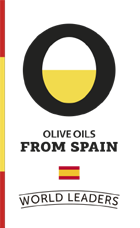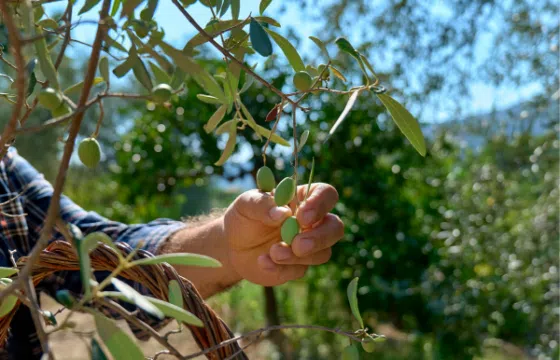
Olive oil is vegetable oil but not all vegetable oils are olive oils. For the time being, olive oils are the only oils that are extracted from a fruit. By squeezing the olive we obtain virgin olive oils. Thus, extra virgin and virgin olive oil are pure olive juice, obtained only by physical processes, thus maintaining all the goodness of the fruit.
Nutrition of oils
Oleic acid is the main compound in olive oils, an omega-9 monounsaturated fatty acid, while omega-6 polyunsaturated fatty acids are usually the majority in seed oils.
Seed oils usually require refining, which eliminates most of the micronutrients. Virgin olive oil is olive juice and therefore retains all the micronutrients such as natural antioxidants.
Similarities of olive oil and vegetable oil
Olive oils and other vegetable oils have comparable smoke point values, hovering around 400 degrees Fahrenheit (205 degrees Celsius). However, olive oils are more stable at higher temperatures. Oils used at a temperature of about 356 degrees maintain their qualities for a long time. Moreover, they can be used in frying several times if they are well strained after each use to avoid food residues.
Is an olive a vegetable?
Technically, olives are not vegetables but fruits. Specifically, olives are classified as drupes, or stone fruits, which is the same category as peaches, cherries, and plums. Despite being commonly referred to in culinary contexts as a vegetable or savory ingredient, olives grow on trees and contain a pit or stone in the center, which qualifies them as a fruit. This distinction is important to understand, as it’s what makes olive oil unique among vegetable oils, which are generally derived from seeds or nuts.
Which oil is healthier?
Olive oils are a source of oleic acid. The FDA claims that «Oleic acid is a monounsaturated fat that, when substituted for fats and oils high in saturated fat, may reduce the risk of coronary heart disease.
Virgin olive oils are a source of natural antioxidants such as vitamin E and polyphenols.










0 Comments